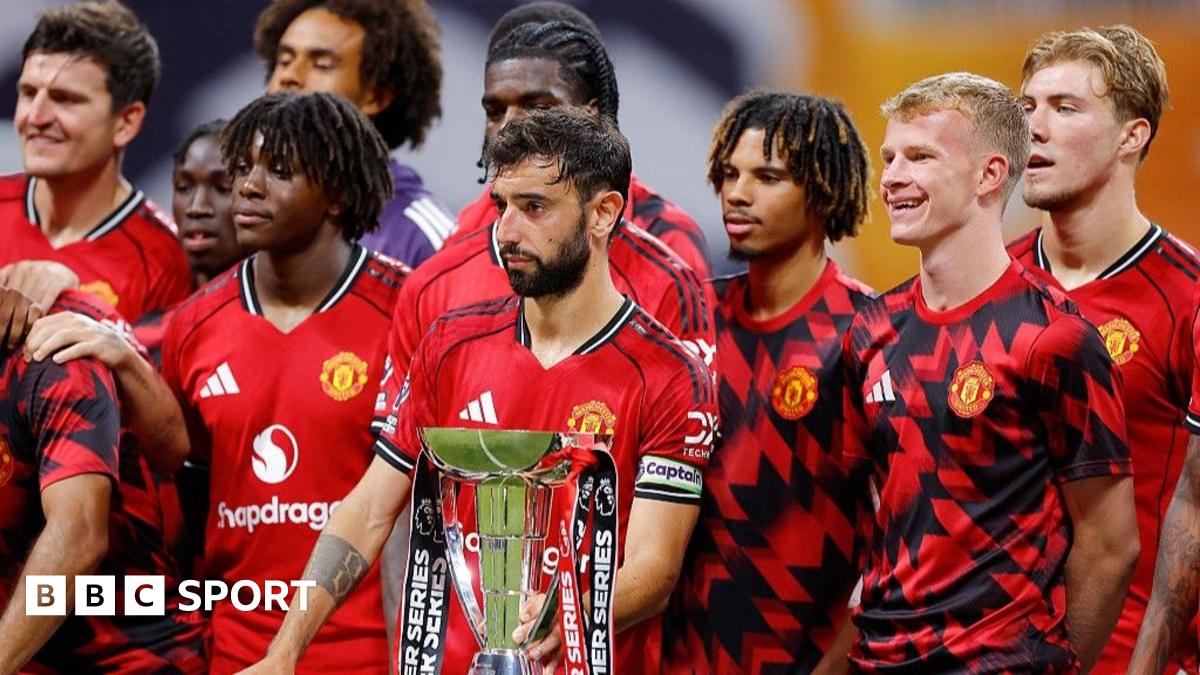
The Premier League Summer Series trophy sits in the cabinet, a shiny testament to… well, something. Manchester United won, yes, but at what cost? Not monetary, at least not yet – though Lord Coe's Wall Street charm offensive looms large. The real cost is opportunity.
Ruben Amorim's arrival signals a philosophical shift, a move away from ten Hag's micromanagement. Players are trusted to navigate Chicago's 'magnificent mile' without a security detail, a stark contrast to previous regimes. This newfound freedom, while seemingly positive, presents its own set of potential pitfalls. The relaxed atmosphere could foster creativity and responsibility, or it could devolve into complacency. The risk? That the benefits of player autonomy are outweighed by a lack of tactical discipline.
Then there's the tactical evolution. Amorim's 3-at-the-back system, morphing into a midfield diamond in possession, demands specific player profiles. The article highlights Matheus Cunha's attacking invention and Amad Diallo's offensive threat, but also flags Diallo's defensive vulnerabilities. This creates a direct opportunity cost. Playing Diallo for attacking impetus sacrifices defensive solidity on the right flank. Is that trade-off worthwhile against the likes of Arsenal's Gabriel Martinelli, or Liverpool's Luis Diaz?
The article subtly criticizes United's transfer strategy, questioning the potential overspending on Rasmus Hojlund when the midfield lacks physicality and energy. Bournemouth's Alex Scott is mentioned as an example of the type of player United *should* be pursuing. This is the heart of opportunity cost. Every pound spent on Hojlund is a pound *not* spent on addressing a more pressing need in midfield. A goalscorer is valuable, but a midfield engine dictates tempo and wins battles. Which is more crucial for long-term success?
Amorim's focus on "walking through game scenarios" raises another question. While conceptual understanding is vital, does it sufficiently replicate the chaos and intensity of a Premier League match? Is the time spent on these mental exercises better than the traditional double sessions to build fitness that Amorim has ditched? Early sports science reports suggest the players adhered to fitness programs during the off-season, but that's just a base level. What about pushing them to their limits *during* pre-season to overperform during the regular season?
The Summer Series win is a footnote. The real test begins on August 17th. Has Amorim truly identified and addressed United's most critical weaknesses? Or has he been seduced by shiny new toys, neglecting the foundation upon which long-term success is built? The answers lie not in pre-season friendlies, but in the unforgiving reality of the Premier League. The opportunities are there, but are they being seized, or squandered? Only time will tell.